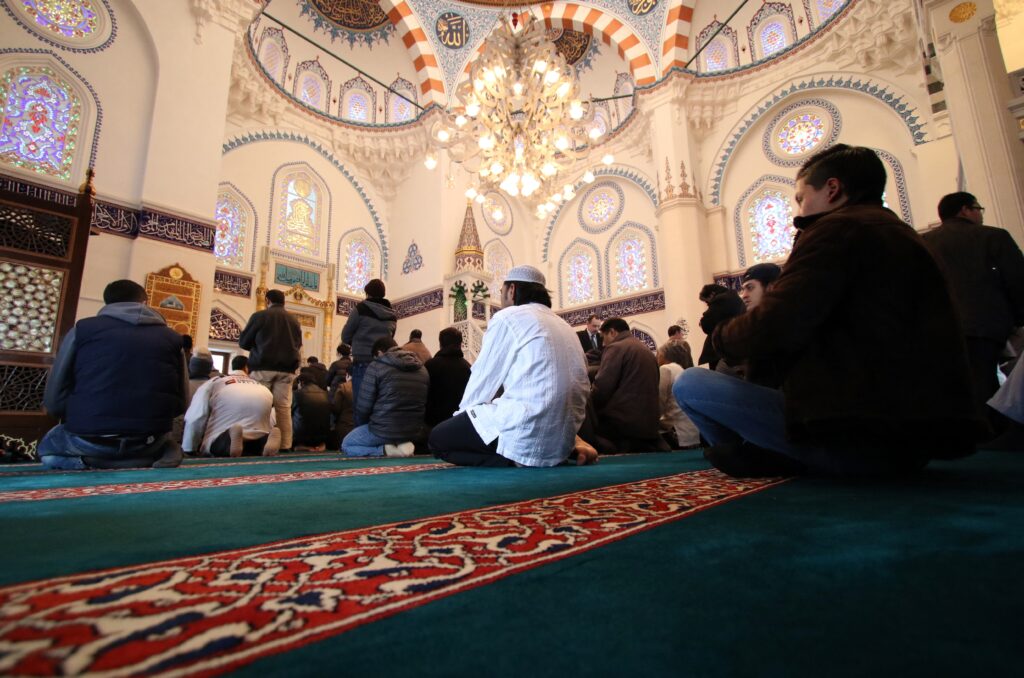
- ARAB NEWS
- 28 Apr 2024

DUBAI: In recent years, Japan has garnered global attention for its unique blend of tradition and modernity, but less known is the rich history of Islam within the Land of the Rising Sun. Contrary to popular belief, Islam’s presence in Japan dates back centuries.
According to a study by Waseda University in Tokyo, as of 2023 it is believed that Japan is home to more than 200,000 Muslims.
The same study found that in 2021, there were 113 mosques in Japan compared to only 15 in 1999.
Historical records suggest that Islam first reached Japan in the 9th century through trade routes connecting the Middle East with East Asia.
Arab traders ventured to Japan via sea routes, bringing with them not only goods but also their faith. These early encounters laid the foundation for the gradual integration of Islamic culture into Japanese society.
One of the earliest documented interactions occurred in the city of Nagasaki, a pivotal port for international trade during Japan’s Edo period. In the 17th century, during Japan’s isolationist policy, known as sakoku, Nagasaki served as one of the few gateways for foreign contact. It was here that a small community of Muslims, primarily from Southeast Asia and the Indian subcontinent, began to establish themselves.
The influence of Islam on Japanese culture is also evident as much of Japanese literature from the medieval period contains references to Muslim characters and Islamic teachings.
However, it was not until the late 19th and early 20th centuries that Islam experienced a resurgence in Japan. The opening of Japan to the West following the Meiji Restoration in 1868 led to increased interaction with Muslim-majority countries, particularly through trade and diplomacy.
Japanese scholars and intellectuals, intrigued by the diverse cultures of the world, began to study Islam, leading to the establishment of academic institutions dedicated to Islamic studies.
One notable figure in this era was Umar Mita, a Japanese scholar who converted to Islam in 1909 after extensive study of the faith. Mita’s conversion sparked public interest about Islam, prompting him to establish Japan’s first mosque in the city of Kobe in 1935.